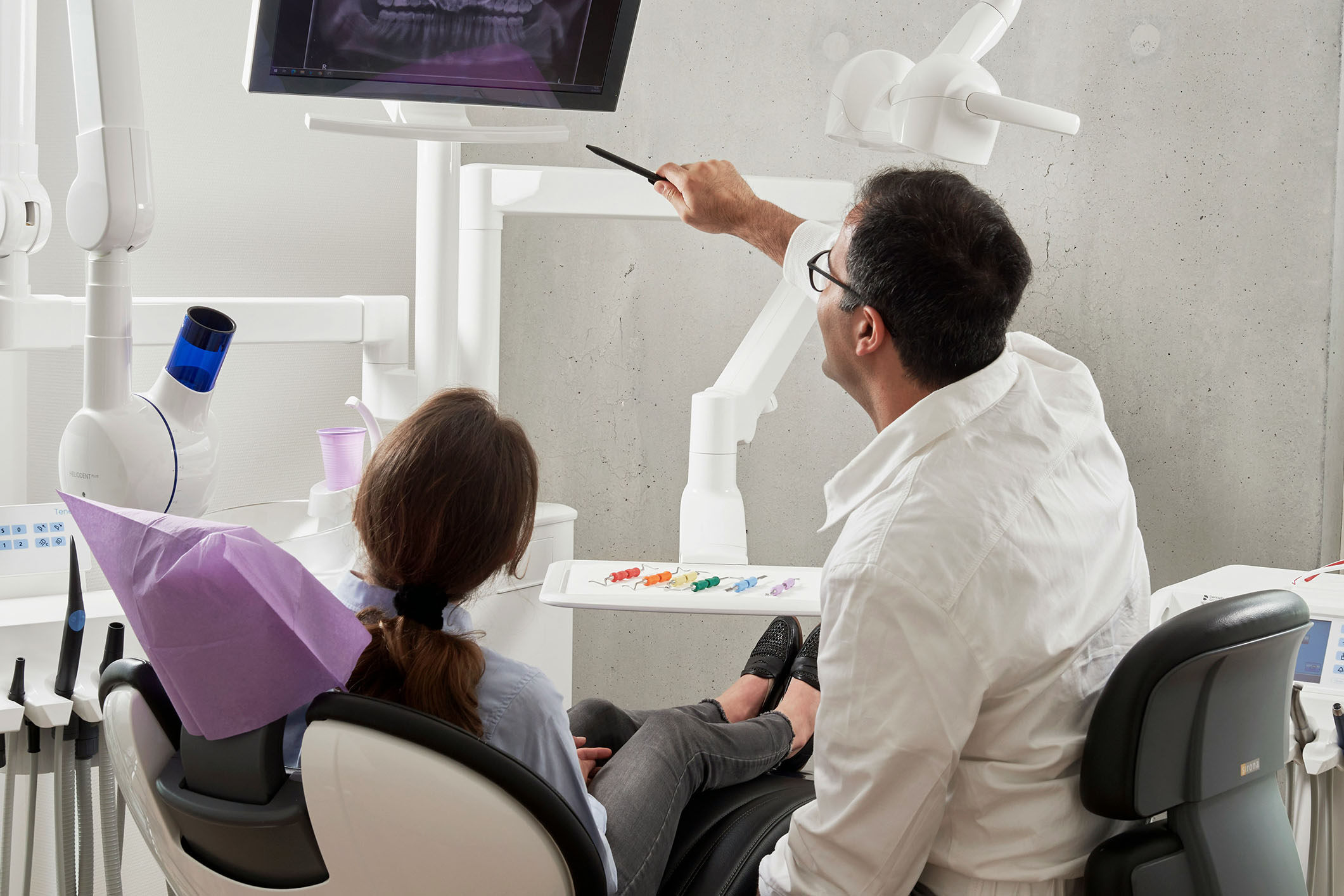The healthcare sector, especially hospital management, is a behemoth of logistical and administrative complexity. Daily operations in a hospital involve meticulous coordination among various departments such as admissions, billing, patient care, pharmacy, inventory, staff scheduling, and even kitchen services. Managing these diverse yet interdependent functions requires a robust system that can integrate and streamline diverse workflows. This is where Enterprise Resource Planning (ERP) systems come into play as a solution to the multifaceted challenges faced by hospitals.
The Daily Grind: Hospital Operations and Their Challenges
Hospitals are 24/7 high-stakes environments where any slip in the operational chain can mean the difference between life and death. The sheer volume of data—from patient records to inventory levels—needs to be managed efficiently and in compliance with regulatory standards. Here are some of the common challenges faced by hospital administration:
- Patient Management: Ensuring timely treatment, accurate patient documentation, and maintaining confidentiality.
- Inventory Management: Keeping track of medical supplies, machinery, and ensuring no scarcity or overstocking.
- Staff Management: Scheduling shifts, managing workload, and maintaining high morale and productivity.
- Regulatory Compliance: Adhering strictly to healthcare laws and regulations.
- Financial Management: Optimizing billing, managing insurance claims, and maintaining cost-efficiency.
These challenges often stem from disconnected systems and data silos within hospital management that lead to inefficiencies and errors.
The Solution: ERP System for Hospital Management
An ERP system designed for hospital management is an integrated software platform that facilitates the flow of information between all hospital functions. It enables hospitals to:
- Improve Patient Care: Integrating patient information across departments ensures that healthcare providers have access to real-time data, reducing errors and improving treatment outcomes.
- Streamline Operations: From admissions to discharge, ERP systems automate and streamline processes, saving time and reducing operational bottlenecks.
- Manage Inventory Effectively: Real-time tracking of supplies with automated reordering ensures that the right materials are available when needed.
- Regulatory Compliance: With built-in compliance features, an ERP system helps hospitals maintain standards set by health authorities.
- Financial Management: Consolidated financial data help in accurate billing, efficient claim management, and overall better fiscal control.
ERP in Action: A Hospital Case Study
Let’s take a fictional example, ‘Evercare Hospital,’ which faced chronic problems with managing its resources efficiently. The adoption of an ERP system turned out to be a game-changer.
Before ERP integration, the hospital faced issues like misplaced patient records, mismatched inventory levels leading to either surplus or deficit, and a high rate of billing errors. Staff scheduling was done manually, often leading to inefficient allocation of human resources.
After ERP integration, Evercare Hospital could:
- Create Electronic Health Records (EHRs) for patients that were accessible by multiple departments in real time. This minimized delays in accessing patient information and enhanced the quality of care.
- Implement an Inventory Management Module which provided automated alerts when stocks of critical items were low and forecasted future needs based on usage patterns.
- Develop a Staff Management System that optimized shift allocations and reduced overtime costs, while simultaneously taking into account staff preferences and skill sets.
- Ensure Compliance Management through automated checks and alerts surrounding regulatory requirements.
- Streamline Financial Operations by integrating bill generation with patient care records and insurance details, resulting in fewer errors and faster turnaround times for insurance claims.
The result was a transformation in hospital efficiency. Care delivery was more coordinated, resources were used optimally, and Evercare Hospital saw a significant improvement in patient satisfaction. The administrative overhead was reduced, and the hospital could focus more resources on patient care and innovation in healthcare delivery.
In conclusion, an ERP system holds the potential to revolutionize hospital management by integrating various operational aspects into a single, coherent system. As the demands on healthcare continue to grow, ERP systems are not just advantageous but increasingly becoming essential tools in ensuring hospitals can provide the highest standards of care while also maintaining efficiency, compliance, and profitability.
At Multiable, we have a deep understanding of the intricate challenges that businesses face in maintaining effective management. We acknowledge the pivotal role a robust ERP system plays in tackling such issues. Our unique Multiable M18 ERP platform boasts a flexible array of adaptive features, each meticulously crafted to accommodate the dynamic needs of expanding business operations. Leveraging our profound knowledge and experience in offering outstanding M18 ERP solutions, we are dedicated to assisting businesses in transforming their processes and attaining an unmatched level of success. Unleash the potential of our ERP system and propel your business management to unprecedented heights!
Contact us




